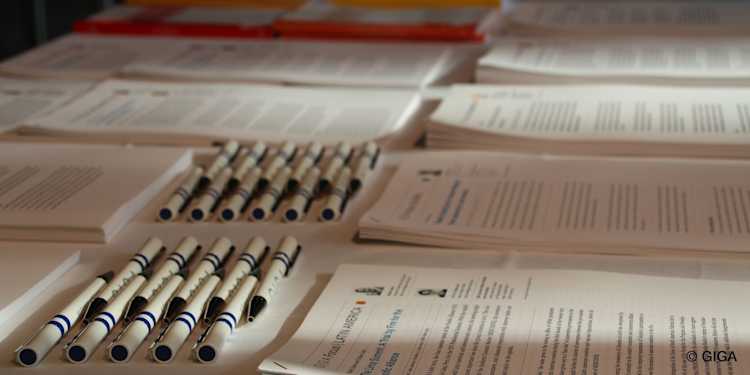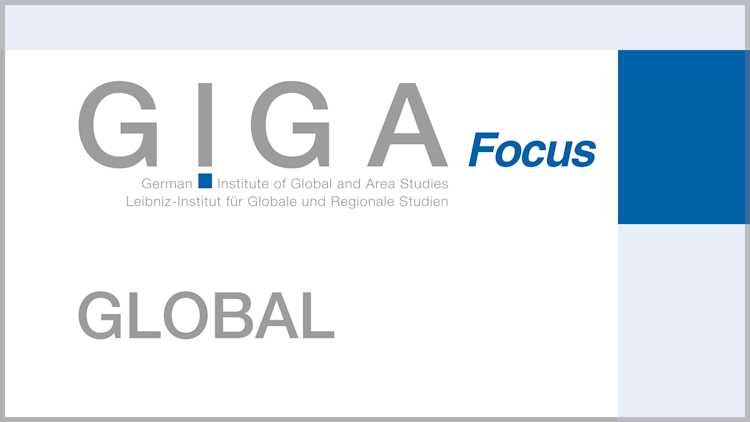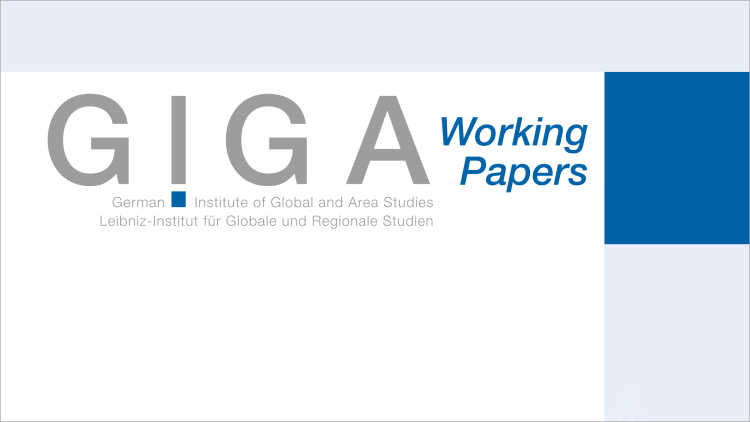- Startseite
- Publikationen
- GIGA Focus
- Myanmar: The Beginning of Reforms and the End of Sanctions
GIGA Focus International Edition English
Myanmar: The Beginning of Reforms and the End of Sanctions
Nummer 3 | 2012 | ISSN: 1862-3581
On 23 April 2012, the European Union (EU) suspended its sanctions against Burma/Myanmar in response to a series of domestic political reforms that have been enacted since Thein Sein became the new president in March 2011.
Analysis
Since March 2011, Burma/Myanmar has witnessed a liberalization of the press, the release of political prisoners and the initiation of a political dialogue between the regime on the one hand and the opposition and ethnic groups on the other. The reforms culminated in by-elections on 1 April 2012, which in turn resulted in a landslide victory for Aung San Suu Kyi’s National League for Democracy (NLD). Overall, political reforms in Burma/Myanmar are being initiated from “above.” They are elite-driven and stem from the president and progressive members of the military-dominated party, the Union Solidarity and Development Party (USDP).
Political reforms in Myanmar are a regime reaction to both internal and external factors. Internally, the military felt secure enough to embark on the slow liberalization of the political system. Externally, the growing economic presence of China seems to have worried the generals.
Progress is, however, slow, uneven and very fragile. Hard-liners within the regime still threaten the reform process. Moreover, the influence of the military within the political system and the economy is still pervasive.
The EU has responded to the reforms by suspending almost all existing sanctions, with the exception of the arms embargo and the withdrawal of trade preferences, while starting to employ “carrots” such as development aid.
By EU standards, agreement on the suspension of the virtual entirety of sanctions has been reached remarkably swiftly. The exclusion of the arms embargo from the suspension reflects the EU’s policies on armaments supply. The resumption of trade preferences will require a separate, lengthier legal process.
Fußnoten
Regionalinstitute
Forschungsschwerpunkte
Wie man diesen Artikel zitiert
Bünte, Marco, und Clara Portela (2012), Myanmar: The Beginning of Reforms and the End of Sanctions, GIGA Focus International Edition English, 3, Hamburg: German Institute for Global and Area Studies (GIGA), http://nbn-resolving.de/urn:nbn:de:0168-ssoar-309632
Impressum
Der GIGA Focus ist eine Open-Access-Publikation. Sie kann kostenfrei im Internet gelesen und heruntergeladen werden unter www.giga-hamburg.de/de/publikationen/giga-focus und darf gemäß den Bedingungen der Creative-Commons-Lizenz Attribution-No Derivative Works 3.0 frei vervielfältigt, verbreitet und öffentlich zugänglich gemacht werden. Dies umfasst insbesondere: korrekte Angabe der Erstveröffentlichung als GIGA Focus, keine Bearbeitung oder Kürzung.
Das German Institute for Global and Area Studies (GIGA) – Leibniz-Institut für Globale und Regionale Studien in Hamburg gibt Focus-Reihen zu Afrika, Asien, Lateinamerika, Nahost und zu globalen Fragen heraus. Der GIGA Focus wird vom GIGA redaktionell gestaltet. Die vertretenen Auffassungen stellen die der Autorinnen und Autoren und nicht unbedingt die des Instituts dar. Die Verfassenden sind für den Inhalt ihrer Beiträge verantwortlich. Irrtümer und Auslassungen bleiben vorbehalten. Das GIGA und die Autorinnen und Autoren haften nicht für Richtigkeit und Vollständigkeit oder für Konsequenzen, die sich aus der Nutzung der bereitgestellten Informationen ergeben.







